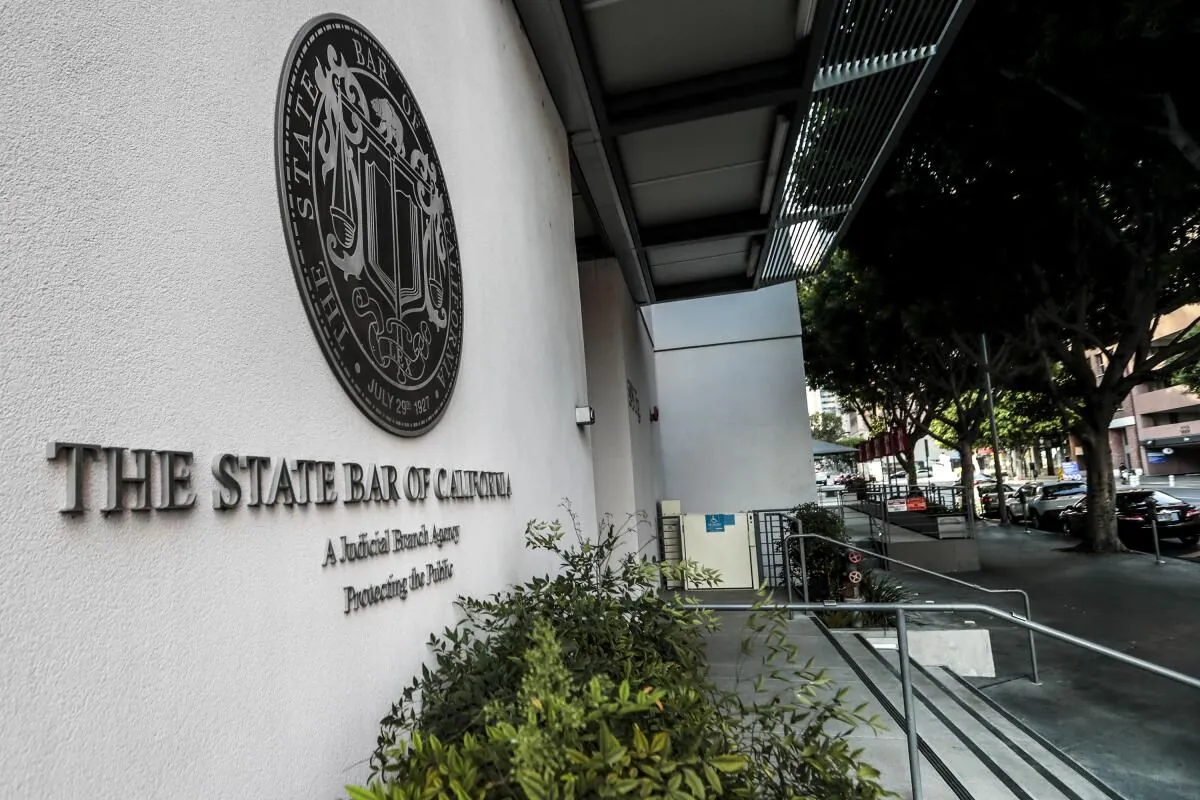California Attorneys Face 17% Fee Hike Amid State Bar's Financial Strain
California lawyers will see a $88 increase in annual licensing fees for 2025, aimed at addressing the State Bar's financial challenges. The 17% hike, less than initially proposed, comes with workforce reductions and operational changes.

California's legal professionals are set to experience a significant change in their annual expenses. Starting in 2025, California attorneys will face a 17% increase in their licensing fees, amounting to an additional $88 per year. This adjustment will raise the total fee from $510 to $598 for active attorneys, while inactive lawyers will see a smaller increase of $22.60 to their current $182.40 dues.
The fee hike, recently approved by Governor Gavin Newsom, aims to address the financial challenges faced by the State Bar of California. Despite being less than the initially requested $125 increase, bar officials assert that this boost will play a crucial role in maintaining the agency's solvency.

The State Bar of California, established in 1927, holds a significant position as the second-largest bar association in the United States, surpassed only by New York. Currently, it oversees the licensing of 266,000 attorneys, with 190,000 holding active status. This extensive membership reflects California's status as the state with the largest population of lawyers in the country.
Financial projections have painted a concerning picture for the organization. Earlier this year, the bar anticipated a $24 million deficit for 2025 and beyond. The approved fee increase is expected to generate approximately $18.6 million in the coming year, providing some relief to the strained budget.
"This marks just the second attorney licensing fee increase in 25 years in California."
This historical context underscores the rarity of such adjustments and the growing financial pressures faced by the organization. The State Bar of California, as a public corporation within the judicial branch, must navigate complex financial and operational challenges while fulfilling its regulatory responsibilities.
In addition to the fee increase, the new law mandates a reduction in the State Bar's workforce. The organization is required to eliminate 45 to 50 positions through attrition by April 2027, while protecting current employees. This measure aims to streamline operations and reduce costs in the long term.
The State Bar's financial struggles come at a time when it faces increased scrutiny and pressure to enhance its attorney oversight system. This heightened attention follows recent scandals, including the high-profile case of Tom Girardi, a prominent plaintiffs' attorney found guilty of misappropriating client funds.
In response to these challenges and to optimize its operations, the State Bar has announced plans to develop and administer its own bar exam starting in February 2025. This move to a remote testing format is projected to save up to $3.8 million annually, demonstrating the organization's efforts to adapt and find cost-effective solutions.
It's worth noting that California's bar exam is renowned for its difficulty, often considered one of the most challenging in the nation. The state also stands out for its innovative approaches to legal education and practice, being one of the first to allow foreign-educated attorneys to take the bar exam and offering alternative paths to legal practice through programs like the "Law Office Study Program."
As the State Bar of California navigates these financial and operational changes, it continues to uphold its commitment to public service. The organization maintains programs such as the Client Security Fund to protect clients from attorney misconduct and the Lawyer Assistance Program to support attorneys facing personal challenges. These initiatives underscore the complex role the State Bar plays in maintaining the integrity of the legal profession while adapting to evolving financial realities.


































